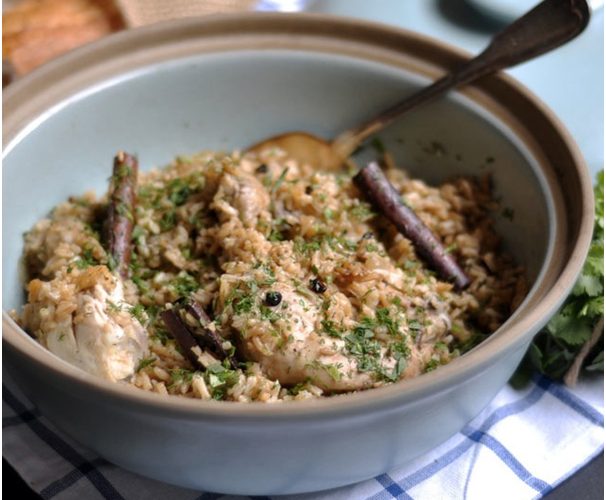


 “THE words you speak become the house you live in”— wise words from 14th century Iranian poet, Hafiz. Home to some of the wisest and most peace-loving words in global literature it is really hard to understand how the Middle East is such an arena of war and suffering. What are the words spoken that have made this such a house of war? These countries and cities being torn apart have names mentioned in ancient texts dating back centuries – cutting across religions. Muslim, Christian, Jew all have their roots in this region, this ‘holy’ land that has become totally unholy – where children are slaughtered, livelihoods destroyed, refuges bombed and future generations consigned to a cycle of trauma and violence.
“THE words you speak become the house you live in”— wise words from 14th century Iranian poet, Hafiz. Home to some of the wisest and most peace-loving words in global literature it is really hard to understand how the Middle East is such an arena of war and suffering. What are the words spoken that have made this such a house of war? These countries and cities being torn apart have names mentioned in ancient texts dating back centuries – cutting across religions. Muslim, Christian, Jew all have their roots in this region, this ‘holy’ land that has become totally unholy – where children are slaughtered, livelihoods destroyed, refuges bombed and future generations consigned to a cycle of trauma and violence.
Yet the region is not only home to the olive tree — symbol of peace and plenty — but is also the cradle of hospitality where the stranger is welcomed, the guest sacred and all food, however humble, is shared. This fertile crescent, rich in grains, spices and vegetables makes the cooking of the Levant one of the world’s tastiest cuisines yet with abundant local ingredients and emphasis on seasonal freshness – not expensive. Cooking traditions of the middle east bring together a rich variety of spices, herbs, grains, fruits and vegetables — not to mention the incomparable olive itself and its distinctive green oil.
Embodying abundance and generosity and also the potential togetherness of this scarred land are two friends Yotam Ottolenghi – born in Jerusalem on the Jewish West side and chef Sami Tamimi from the Arab East. Meeting up in London in their thirties they teamed up to create a series of delicious cook books as well as a chain of delis.
I am so looking forward to laying my hands on a copy of Jerusalem (published in 2012) focusing on the food of their home town and the rich symbiosis of Arab and Jewish culinary traditions that survives in the markets and kitchens of an otherwise fractured city. Apparently the book makes Jerusalem look like a sun-soaked, harmonious haven of ancient foodways, although notes and essays convey the authors’ awareness that trying to contain both Arab and Jewish traditions in one book is inherently controversial.
Sneak preview is cardamom chicken with caramelized onions, a fragrant one-pot meal imbued with the warm, earthy spices and quantities of fresh herbs that characterize this cuisine. Common to both cultures and with its roots in the pilafs of Persia, Georgia and the Arabian peninsula this one-pot meal is comfort food elegant enough for a dinner party and can be adapted to feed four or 40.
First caramelize two sliced onions in olive oil. This takes around 10 to 15 minutes on a low heat and patience pays off in the sweetness of golden brown onions. Meanwhile place cut up chicken in a bowl and season with salt and pepper. Rub with olive oil and add cinnamon sticks, ¼ tp whole cloves and cardamom pods. Sear on both sides in a hot pan.
When nicely browned add 300g rice as well as the onions, a handful of currants, salt and pepper. Stir well and return the chicken to the pan pushing it into the rice. Add 550 ml boiling water, cover the pan and cook over a low heat for 30 minutes. When rice is tender and chicken cooked take the pan off the heat, cover with a dishtowel and put the lid back on for 10 minutes. Finally add a cup of chopped green herbs – dill, coriander and parsley. Fluff up and serve warm with salty yoghurt and a tableful of friends. Visualise peace and abundance.
g.jeke@yahoo.com